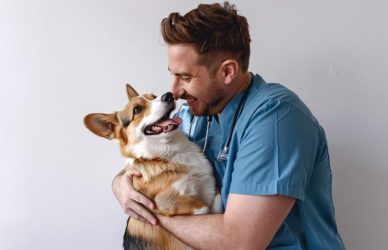Your first vet job taught you loads-about clinical practice, workplace dynamics, and probably most importantly, about what you actually want from your career. Now you’re thinking about your second role, and honestly? You’re in a much better position to be picky about where you go next.
We regularly help vets make this crucial transition at NSV Recruitment, and here’s the thing-your second job often determines whether you’ll love this profession long-term or end up burnt out and looking for the exit. So, it’s worth being really thoughtful about what you’re actually looking for.
What’s Different This Time Around
Unlike your first role, where you probably took whatever came your way (let’s be honest, most of us did), your second job should actually fit with what you want from your career. You’ve got real experience now, you know what gets you excited about work, and you understand the veterinary world much better.
Here’s something we’ve learned from supporting vets through career changes-your veterinary degree is incredibly versatile. It’s not a life sentence to one type of work and recognising this opens up possibilities you might not have even considered.
What to Actually Look For
Real Professional Development (Not Just Box-Ticking)
Look for practices that genuinely care about your growth. We’re not talking about just meeting CPD requirements-find somewhere that values learning and where you’ll see cases that actually challenge you.
Does the practice embrace new treatments and tech, or are they still doing things exactly the same way they did ten years ago? The veterinary field moves fast, and you want to grow with it, not get left behind.
Proper Mentorship and Support
Your second role is your chance to work with experienced colleagues who’ll actually help you develop. Look for practices where senior vets are willing to share knowledge, give you constructive feedback, and support your growth. And don’t underestimate peer support – you want colleagues you can turn to for advice and backup during tough cases.
A Culture That Fits You
You’ve experienced one workplace culture now, so you’re much better at spotting what works for you. Think about whether the practice’s approach to patient care, client relationships, and teamwork matches your values. Pay attention to how staff actually interact-is it supportive or unnecessarily competitive?
A good culture isn’t just about feeling happy at work (though that matters). It directly affects your ability to provide great patient care and maintain your confidence.
Clear Progression Opportunities
Your second role should offer visible ways to advance, whether that’s taking on more clinical responsibility, exploring specialisation, or developing leadership skills. Look for practices that have actually supported other people’s career growth and can tell you how they might support yours.
Think about what interests you – developing expertise in particular areas, taking on management responsibilities, or exploring different ways to use your veterinary skills.
Realistic Work-Life Balance
Experience teaches you what’s actually sustainable long-term. Consider how the role’s demands fit with your personal priorities and wellbeing. This isn’t just about hours-it’s about on-call expectations, caseload management, and how the practice supports staff during difficult periods.
Your second role is a great chance to establish healthier boundaries while still providing excellent care.
Beyond Traditional Practice
Your veterinary qualification is remarkably versatile, and your second role might be the perfect time to explore different applications. Consider opportunities in:
- Animal health industry roles combining veterinary knowledge with business
- Public health positions focused on disease prevention
- Educational roles sharing knowledge with future vets
- Practice management combining clinical understanding with business leadership
- Consulting work helping other practices improve
These aren’t departures from veterinary medicine-they’re different ways of using your expertise.
Making Smart Decisions
When you’re evaluating opportunities, think about both immediate factors and long-term implications. A role with excellent learning opportunities might be worth taking even if other aspects aren’t perfect, while a position that seems ideal but offers no growth might not serve you well over time.
Don’t be afraid to ask detailed questions during interviews about development opportunities, practice culture, and career progression. Good employers actually appreciate candidates who think strategically about their careers.
The Confidence Advantage
One big advantage of seeking your second role? You’re not the nervous new graduate anymore-you’re an experienced professional with valuable skills and real insights. This confidence should inform your job search. You can be more selective, more upfront about what you need, and more strategic about your career development.
Moving Forward
Your second veterinary role is a chance to build on your experience while addressing any frustrations from your first position. Whether you’re after better development opportunities, improved work-life balance, or just a better fit, remember that your skills are genuinely in demand and good opportunities do exist.
The key is approaching this transition thoughtfully, using what you’ve learned to make decisions that support both your immediate happiness and long-term career goals.
Ready to see what’s out there? NSV Recruitment connects veterinary professionals with roles that support continued growth and satisfaction.
NSV Recruitment: Supporting your veterinary career journey at every stage.




